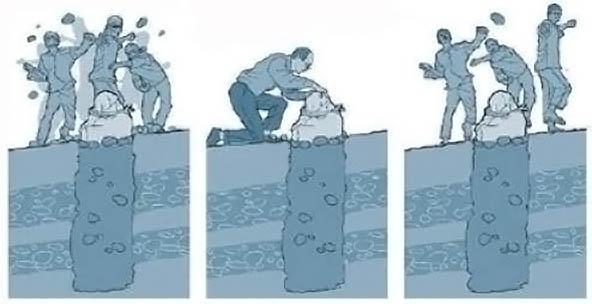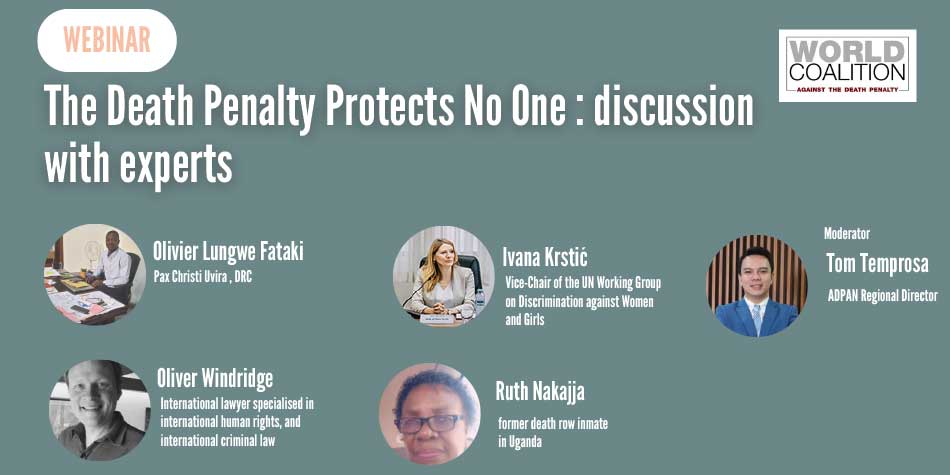
World Coalition members share knowledge on UN advocacy
Advocacy
As someone who is from a Muslim country, I was shocked to learn that stoning exists in Iran’s penal code and is carried out in public.
I became aware of the severity of the death penalty in Iran and the United States during the Advocates for Human Rights’ January 22 training on death penalty advocacy for the Universal Periodic Review (UPR). Led by Jennifer Prestholdt, Rosalyn Park, and Amy Bergquist, the training addressed civil society’s role in advocating against the death penalty by participating in the UPR process.
The training also surveyed a long list of death penalty issues in countries around the world, including:
- capital punishment for non-violent and other less serious crimes;
- imposition of the death penalty on child offenders and people with mental disabilities and mental disorders;
- mandatory imposition of the death penalty for certain crimes;
- limitations on the right to appeal a conviction in capital cases;
- use of torture to extract confessions and in the process of imposing the death sentence;
- death row conditions; and
- wrongful convictions.
The Universal Periodic Review
The Universal Periodic Review is the UN Human Rights Council’s “peer review” mechanism for monitoring human rights around the world. The UPR is a periodic review of human rights in all UN member states. During the “interactive dialogue” of the UPR, UN member states can make recommendations to the state under review. NGOs and other groups can submit “stakeholder reports” and then later lobby to try to influence those recommendations.
The training presented best practices for writing stakeholder reports and working with partner organizations in bringing their issues to the United Nations for the UPR. The presenters emphasized the importance of ensuring that information in stakeholder reports is accurate and useful. They also highlighted the importance of proposing powerful, effective recommendations.
The Advocates regularly submits UPR stakeholder reports to address human rights issues. Recently, while assisting with a report on the death penalty for the UPR of Lebanon, I discovered that executions in Lebanon are commonly linked to poverty.
The spillovers from the Syrian civil war and the so-called Islamic State make Lebanon politically unstable; the resulting humanitarian crisis may increase the likelihood of Lebanon imposing death sentences for crimes arising out of poverty.
People from around the world joined the training
In advance of the training, the World Coalition Against the Death Penalty notified its members that they could participate remotely through a live weblink and dial-in line. Representatives from an impressive list of NGOs — including Kisarawe Paralegals Organization (Tanzania), MRU Youth Parliament (Sierra Leone), ECPM (France), Lifespark (Switzerland), Lawyers Without Borders (Nigeria), Rescue Alternatives (Liberia), Coalition mauritanienne contre la peine de mort (Mauritania), ACAT (Liberia), and Droits et Paix (Cameroon) — registered to attend the training remotely.
The Advocates serves on the World Coalition’s steering committee, and partners with its members based in countries that retain the death penalty to collaboratively advocate at the United Nations.
If you missed the training or want to see it again, you may access the video below and download useful tools in the right column of this page.
Illustration above: Iran’s method of execution by stoning. A country’s method of execution for capital offenses can be raised in Universal Periodic Review submissions, particularly if it is a cruel and inhuman, practice such as stoning. Picture credit: Amnesty International UK








